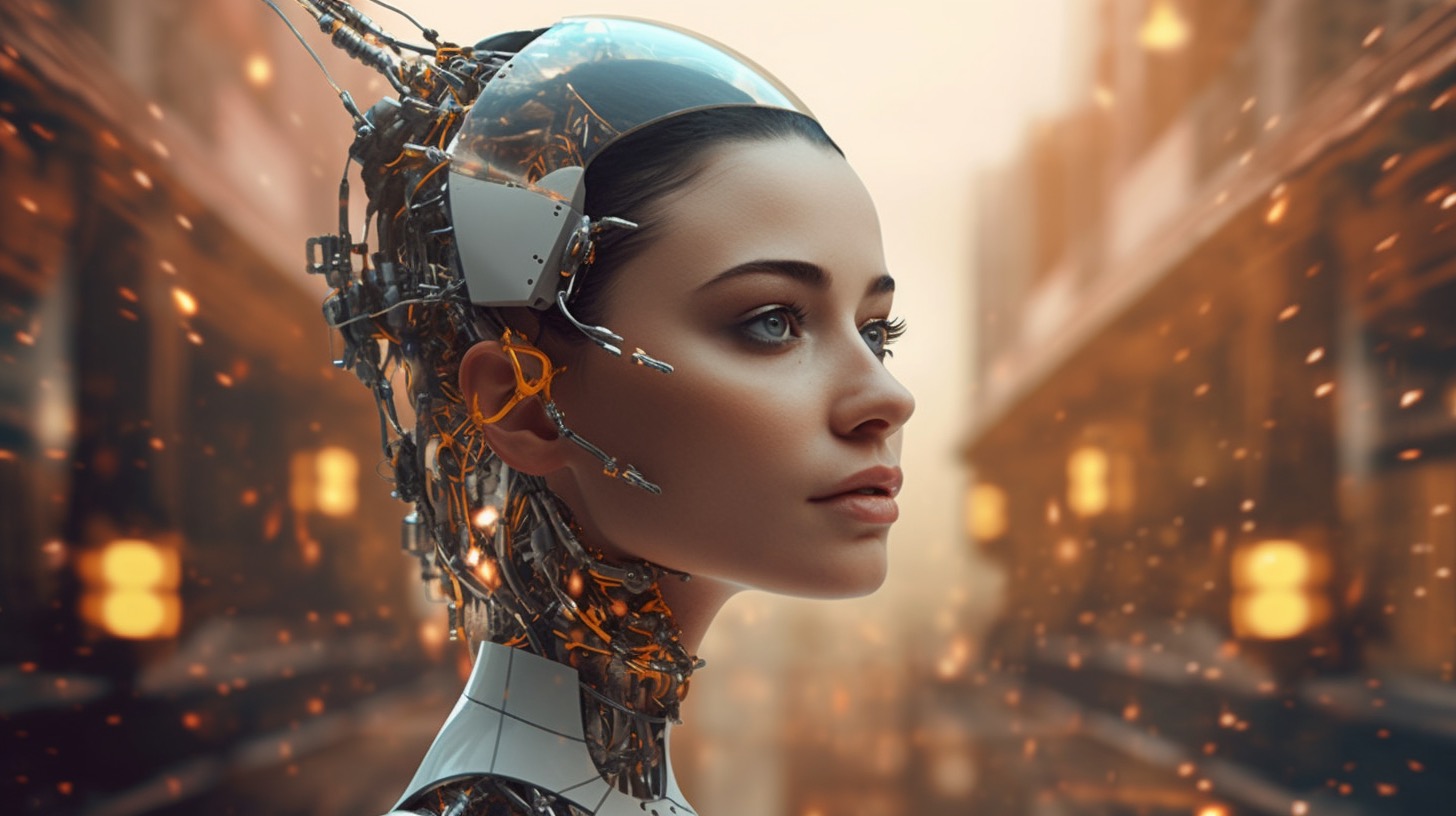Summary: This article explores the potential of Artificial Intelligence (AI) to revolutionize science and address the reproducibility crisis, while also highlighting the importance of transparency, data quality, and human-AI collaboration. Trust in scientific findings can be rebuilt through open communication, rigorous verification, and responsible development.
Science has always been the engine of discovery, unraveling the mysteries of the universe. However, the reproducibility crisis has thrown a wrench into the gears of progress, eroding public trust in scientific research. Artificial Intelligence (AI) emerges as a knight in shining armor, promising to accelerate research and guide us towards groundbreaking discoveries. But can AI be trusted to deliver reliable results?
The reproducibility crisis has various culprits, including p-hacking and confirmation bias. AI appears well-suited to address these challenges. With its precision and ability to uncover hidden patterns, AI algorithms can sift through vast amounts of data and design intricate experiments. It accelerates simulations, analyzes complex datasets, and offers valuable insights with superhuman foresight.
Nevertheless, we must exercise caution. AI is not a magic wand but a powerful tool with quirks and vulnerabilities. Bias can infiltrate AI algorithms, reflecting the biases of their creators or training data. The black box problem, where AI makes dazzling predictions without transparent explanations, may hinder trust and transparency.
To navigate this minefield, several guiding principles should be followed. Transparency is crucial, with open and interpretable algorithms enabling researchers to identify biases. High-quality, diverse, and well-annotated data is essential to train reliable AI models. Rather than replacing human intelligence, AI should be viewed as a partner, emphasizing human-AI collaboration and critical thinking.
AI can also contribute to reproducibility by designing inherently reproducible experiments and automating data analysis. This ensures consistency and transparency throughout the research process. Rebuilding trust in scientific findings requires open communication, rigorous verification, and public engagement.
In conclusion, the future of science lies in a symphony of AI and human intelligence. By embracing the power of AI while committing to ethical, transparent, and responsible development, we can pave the way for reliable results and unwavering trust in the scientific process. Together, we can create a future where the pursuit of knowledge thrives, free from the shackles of unreliable results.

